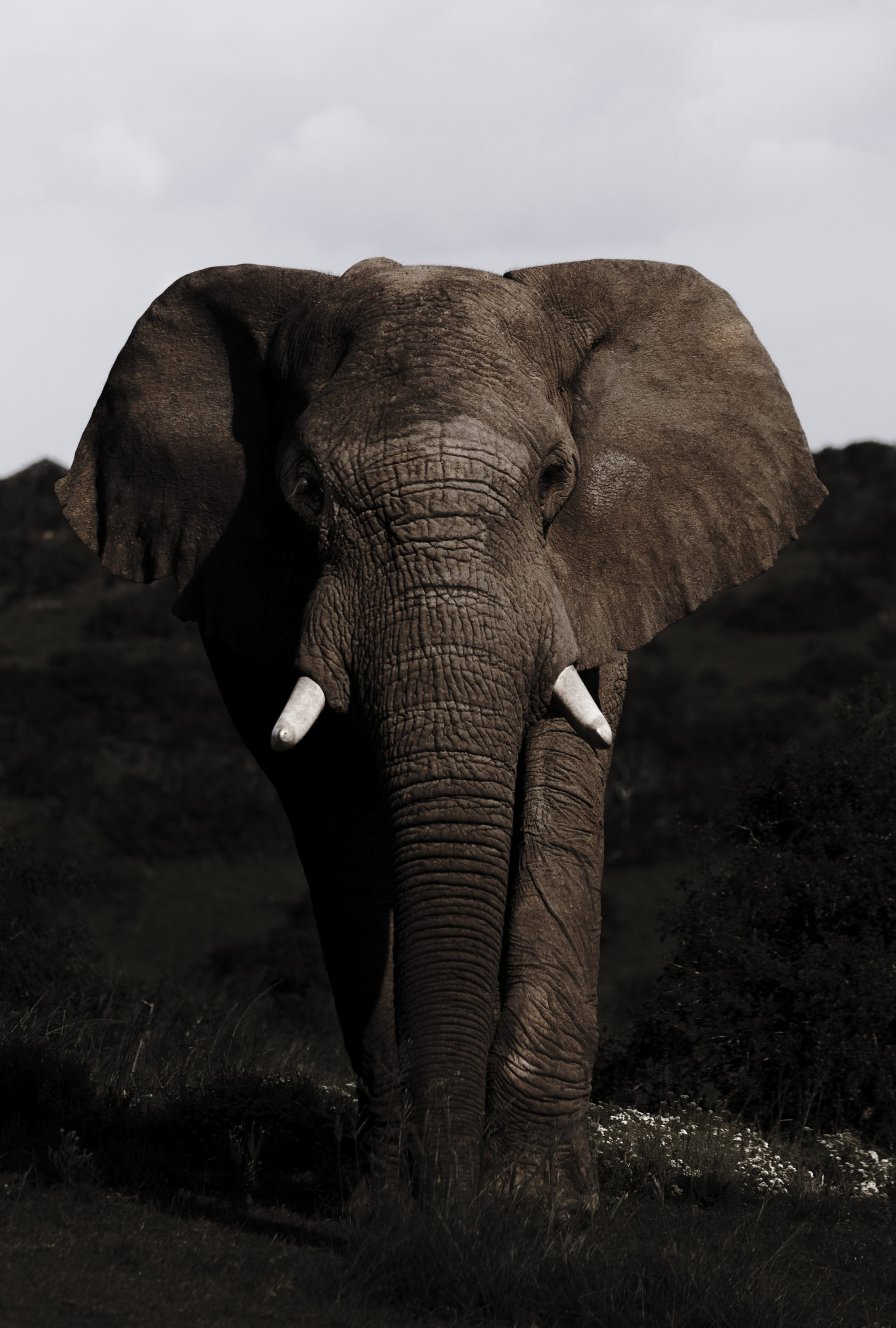with Rachel Claire
words by Elisa Routa
Before talking with documentary photographer Rachel Claire I didn’t know what a dugite’s belly on a pavement sounded like. And to be honest, I had no idea what a dugite was. The wildest animals I’ve encountered were coyotes, antelopes, weasels, and my neighbors’ cats. I swear they can all be frightening. Anyway, I googled Dugites and, for some reason, I instantly closed my browser. Forever. If you have a tendency to scream and start jumping around as soon as you see a brown stain in a corner of your bedroom’s ceiling, don’t google it. For the reckless ones, this interview is made for you.
Western Australia-born journalist, Rachel Claire, is used to jumping over tiger snakes, crossing the path of camels in Egypt, and meeting elephants, giraffes, rhinos, lionesses, and cheetahs in South Africa as often as I come across my neighbors’ cats. So the conversation was objectively pretty interesting, especially for someone whose only reference to Africa is Out of Africa, the 1985-film starring Meryl Streep, and a family trip across Morocco in a Kia Picanto.
We talked about a certain vision of journalism, the importance of promoting Africa’s wildlife conservation, photography as a way to connect with nature in a different way, as well as Layne Beachley and Rochelle Ballard as idols. Above all, using her work to engage conversation, Rachel shared with me her regenerative approach to travel and sustainable tourism.
“Africa was a game-changer for me. My focus is very strongly on regenerative travel and conservation.”
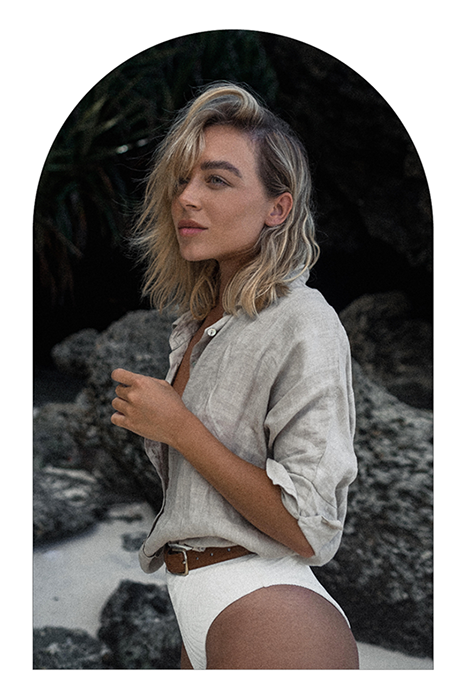
What did your life look like as a kid growing up in Western Australia?
I was so lucky to have a very diverse upbringing! My dad was a soldier, so we traveled around a lot until I was about 10 years old and we returned to WA. Before then, I lived in Victoria and the ACT – some of my favorite memories are from years spent at Duntroon in Canberra. Moving back to Western Australia meant a life by the sea. My family is big on camping, fishing, and exploring – my childhood was full of weekends away and lots of time outdoors. Today I still live and work in Western Australia, I still live by the sea and I couldn’t imagine ever living away from it.
Your photographic style and voice don’t seem to be locked in. They seem to adapt to their environment. How would you describe your work as both a documentary photographer and journalist?
I think my work is definitely malleable to an extent but my vision is always very strong. I think my work always contains elements of journalism, whether that be in photographing or other mediums of storytelling. I like to adapt my work to the project at hand – no job is ever the same and they always deserve to be treated as unique.
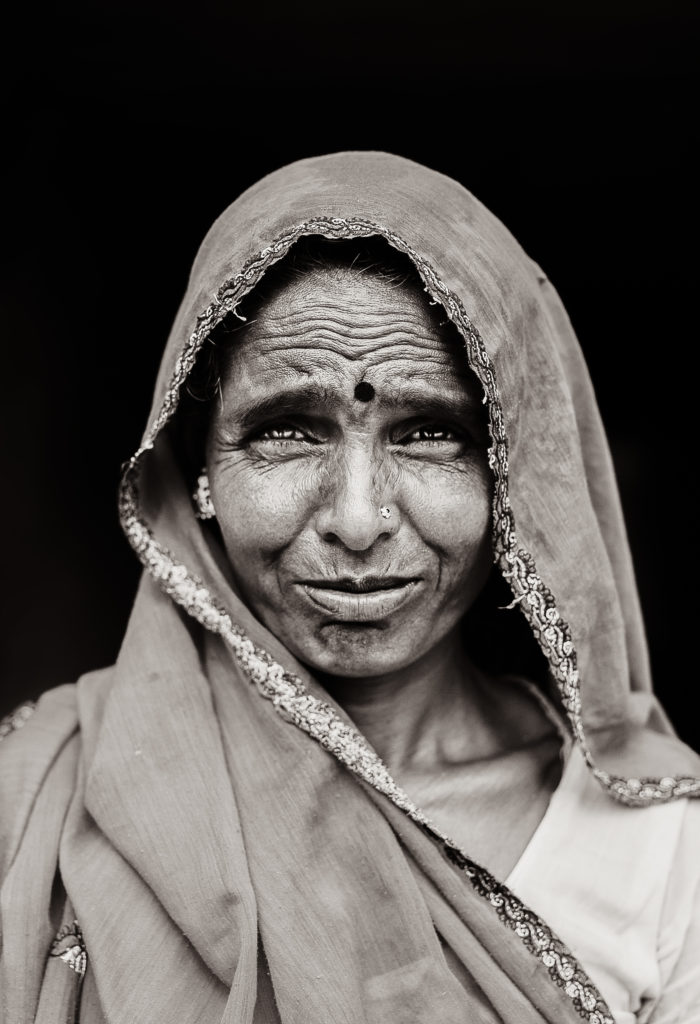
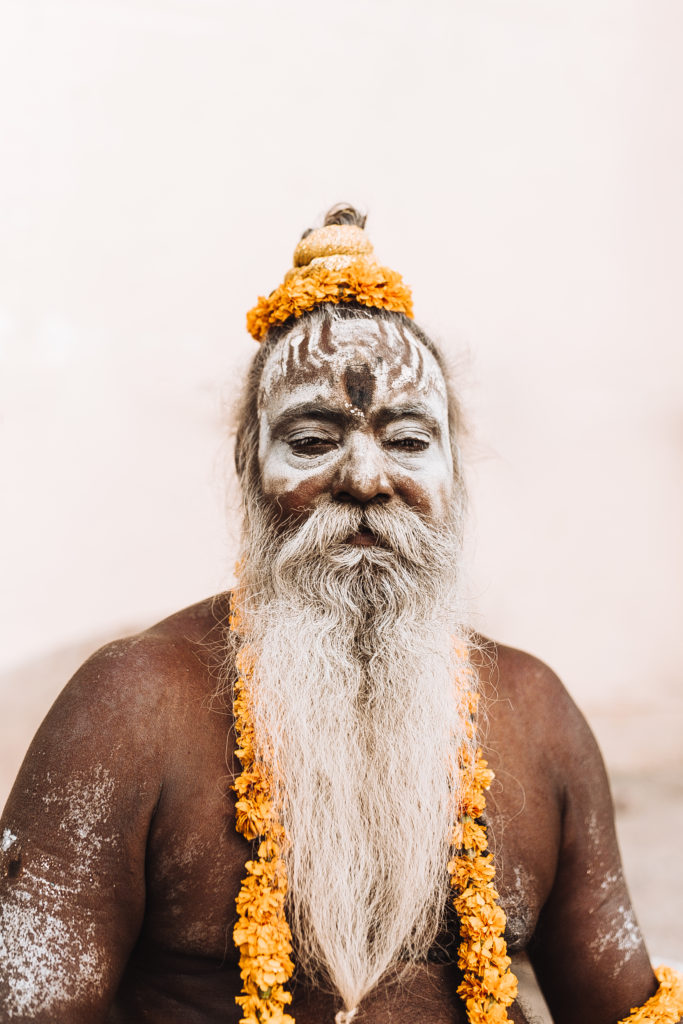
“The ocean is a way to stay grounded for me. I feel like I can breathe again when I’m near the sea.”
Nature and wild animals are red threads in your work. When did you first experience the wilderness?
I grew up with animals and spent lots of time in nature. It does make sense to me that over time the animals have gotten bigger and the nature more wild. Australia is home to some of the most remote regions in the world and some pretty dangerous creatures. I think after a while you just get used to it. I remember running through sand dunes regularly as a kid and jumping over tiger snakes that were basking in the sun. Sometimes, you can hear the whoosh of a dugite’s belly moving on the pavement before you even see it. For me, those don’t really feel like wilderness experiences because that was just life here. So as I grew older I began to seek out what I would consider to be REAL wilderness experiences. I sought out mountains and deserts and bigger, more dangerous creatures. Africa will always be one of my favorite places for that reason.
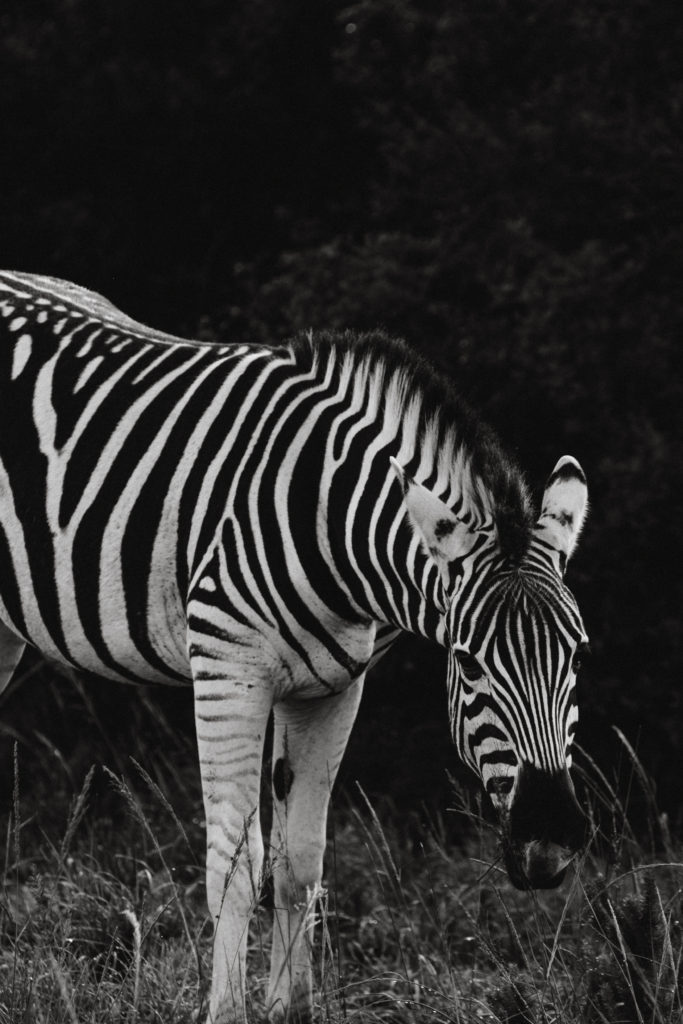
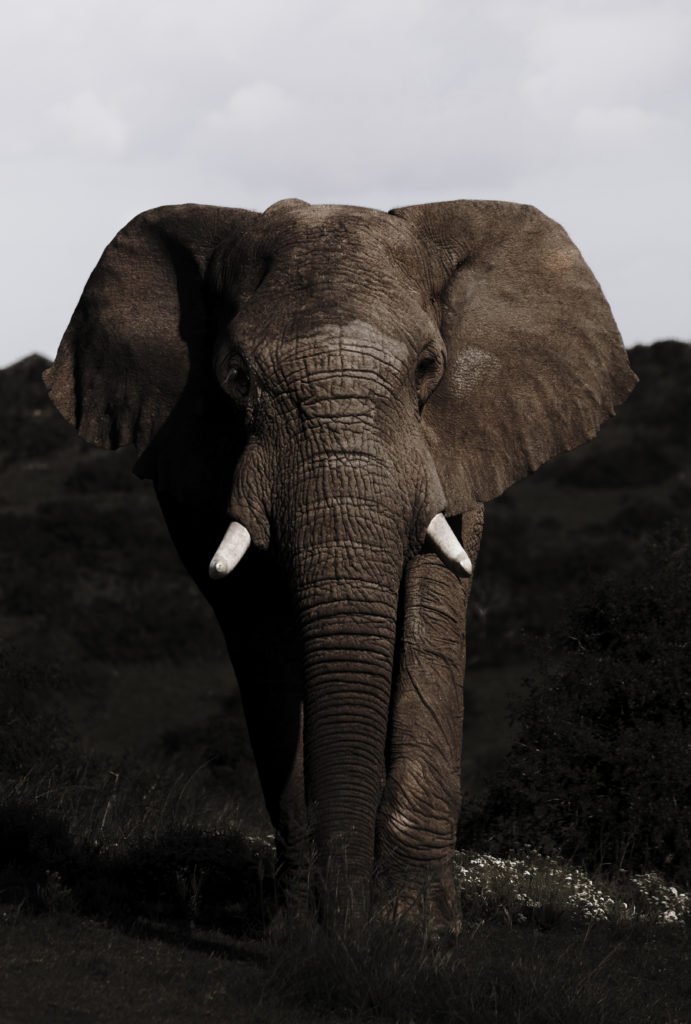
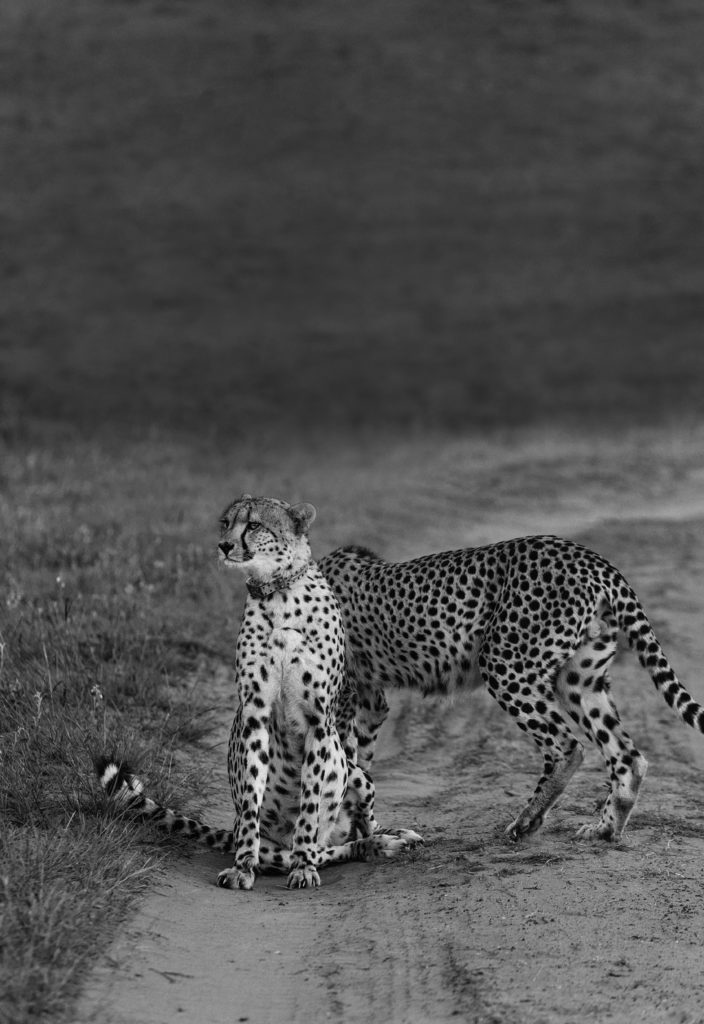
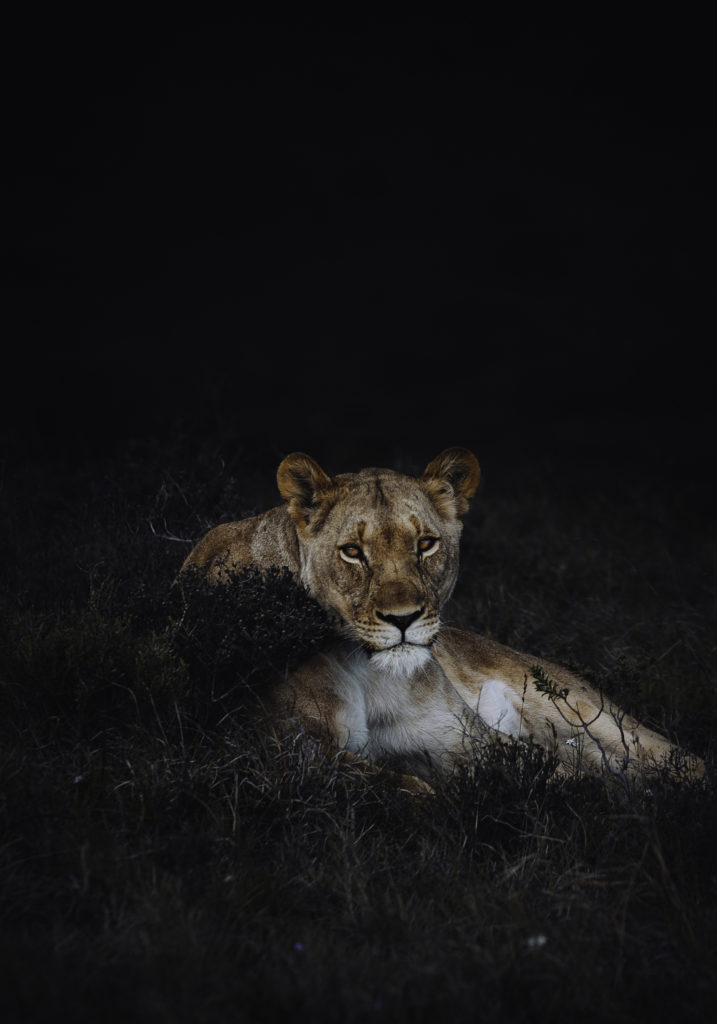
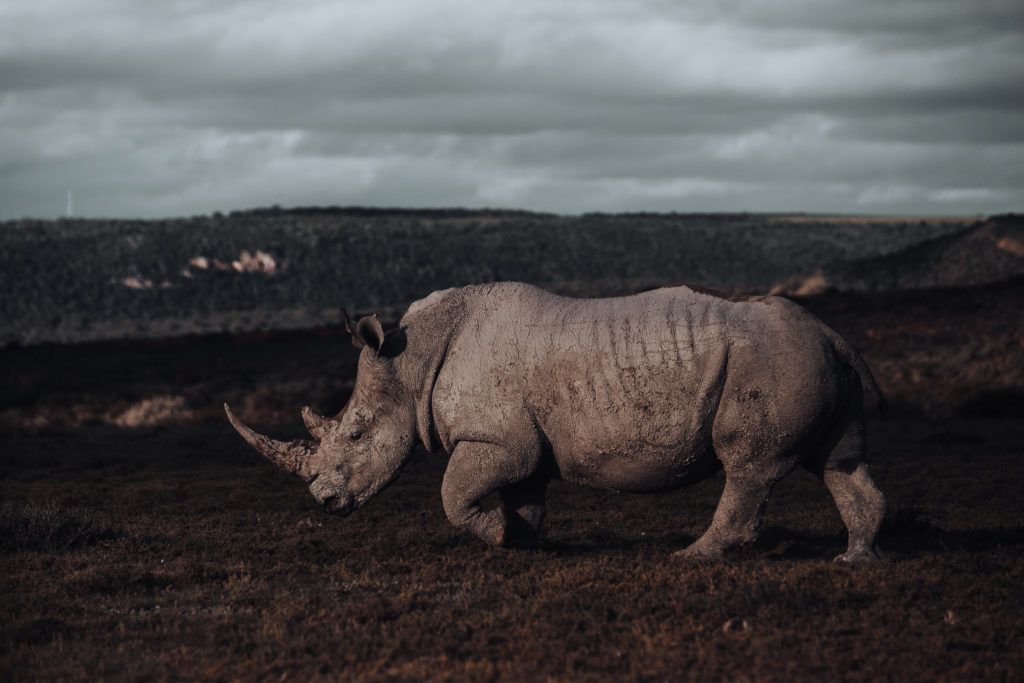
You still live by the sea today. Surfing, and the ocean, seem to represent another essential part of your life. Tell us more about how you got introduced to surfing.
I am a terrible surfer but I think it’s hard to grow up in coastal Australia and not experience surf culture on some level or another. The ocean and surfing represent such a beautiful way to connect with something bigger than ourselves. The ocean is wild and dangerous. Learning to survive in the sea, enjoying it, is such an integral part of growing up in so many coastal regions here. I used to get girls surfing magazines as a kid and I spent hours watching legends like Layne Beachley and Rochelle Ballard have the best adventures around the globe. The ocean is a way to stay grounded for me. I feel like I can breathe again when I’m near the sea.
“A key theme in all of my work over the years has been preservation. We can be doing so much more to make tourism sustainable and to lessen our impact on global communities.”
You recently did an amazing trip across South Africa for the Global Guardians Conservation Fund. You made unreal close encounters with elephants, lionesses, and giraffes. Can you go back on this special trip?
My trip to Africa with the Global Guardians Conservation Fund came together at the very last minute. I was actually at capacity and didn’t think I had time to do the shoot but in the end, I said yes and traveled to South Africa to help document some of the work happening there in Anti-Poaching, specifically with Tac Trac Anti-Poaching. It was truly incredible to see how intense the training is and how much work goes into protecting some of Africa’s most at-risk wildlife. I learned more than I could possibly summarize in a paragraph and am eternally grateful for the opportunity to steer my career in a Conservation direction permanently.
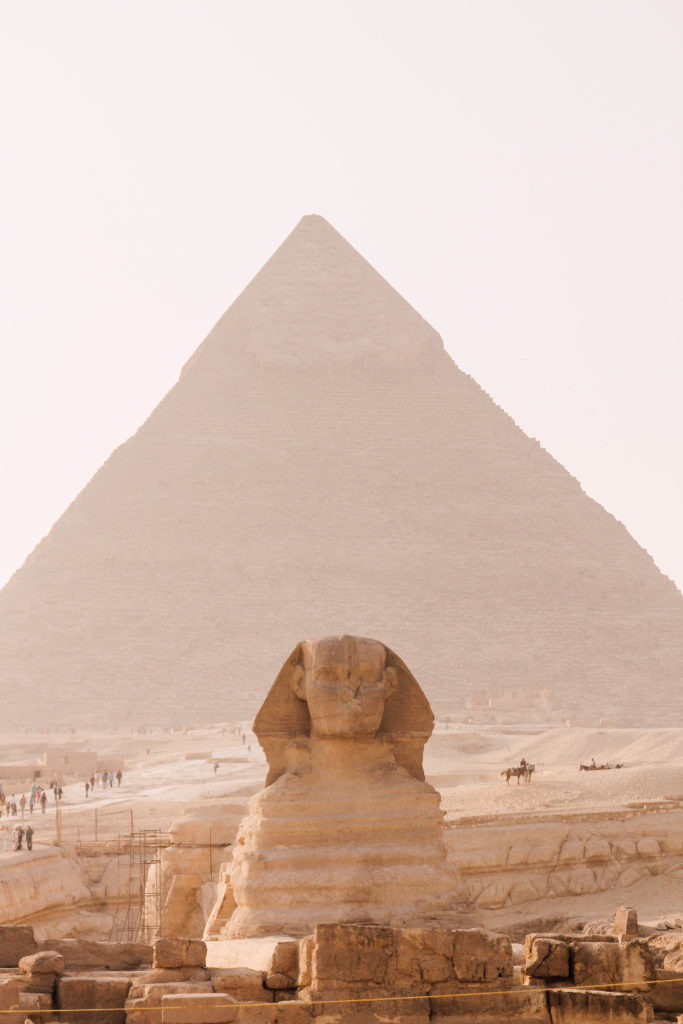
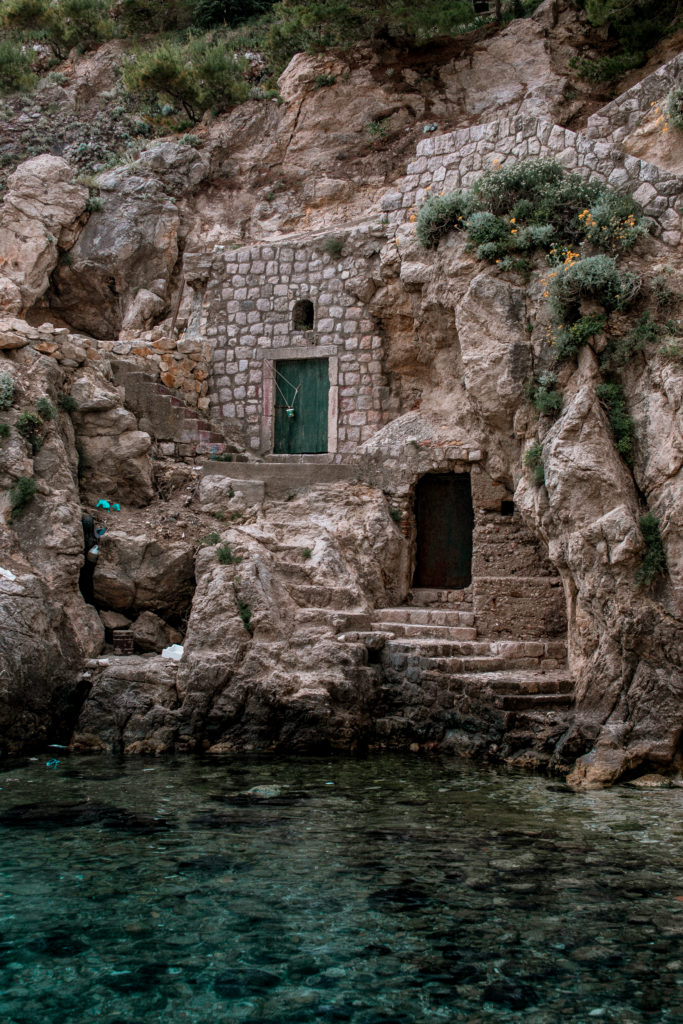
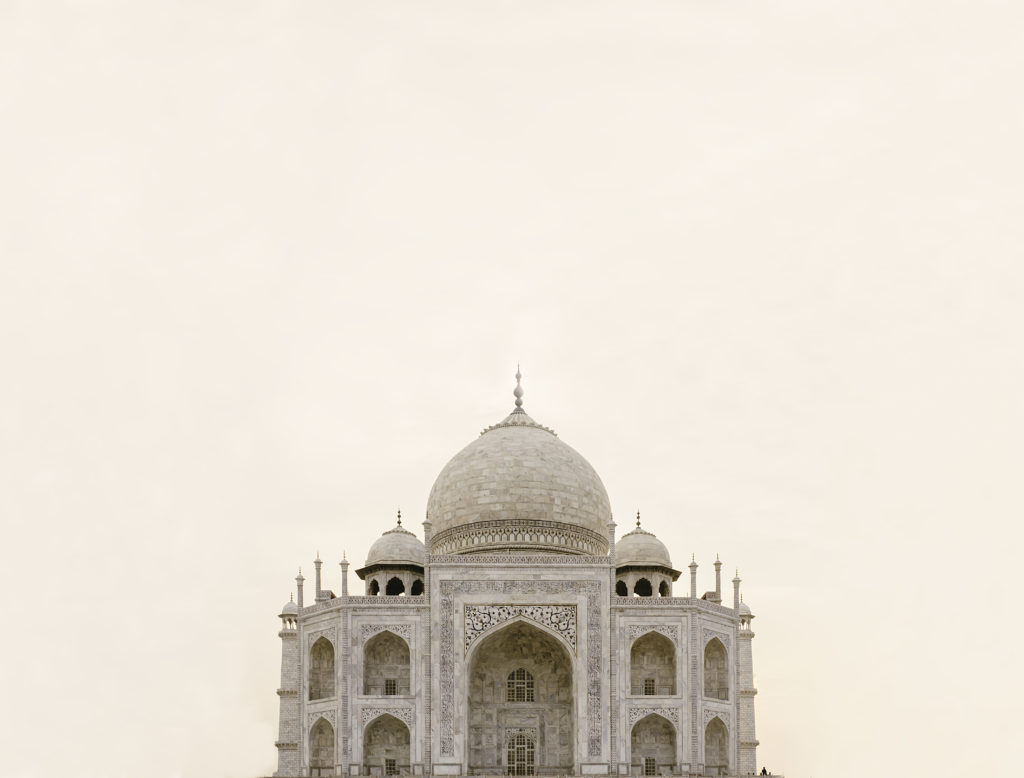
South Africa, Cambodia, Egypt, Lybia… You are constantly looking for wild places. What are you the most passionate about when it comes to traveling?
In a nutshell, I am most passionate about people and culture. So much of what I care about can be summarized with a regenerative approach to travel and tourism. A key theme in all of my work over the years has been preservation. I think we can be doing so much more to make tourism sustainable and to lessen our impact on global communities.
“Photographing allows me to connect with nature in an entirely different way. I call it a ‘nature study.’ I’m often in total awe of nature and how beautiful this planet is.”
It’s striking to see how powerful your values and work ethic are. How do you choose your work projects? Do you follow your instinct and are you generally driven by your curiosity?
It may look like I’m getting lost and losing track when out in nature but most of the time I’m very focused and very much working 24/7 out there. It’s important to note though, that I do not feel less connected to nature when I am photographing. Photographing allows me to connect with nature in an entirely different way. I call it a ‘nature study.’ I’m often in total awe of nature and how beautiful this planet is. I don’t think I really choose my projects. My projects mostly come to me. The stuff I would choose to pursue, however I think could be selected based on how rare or unusual the experience is. I love seeing new places and trying new things.
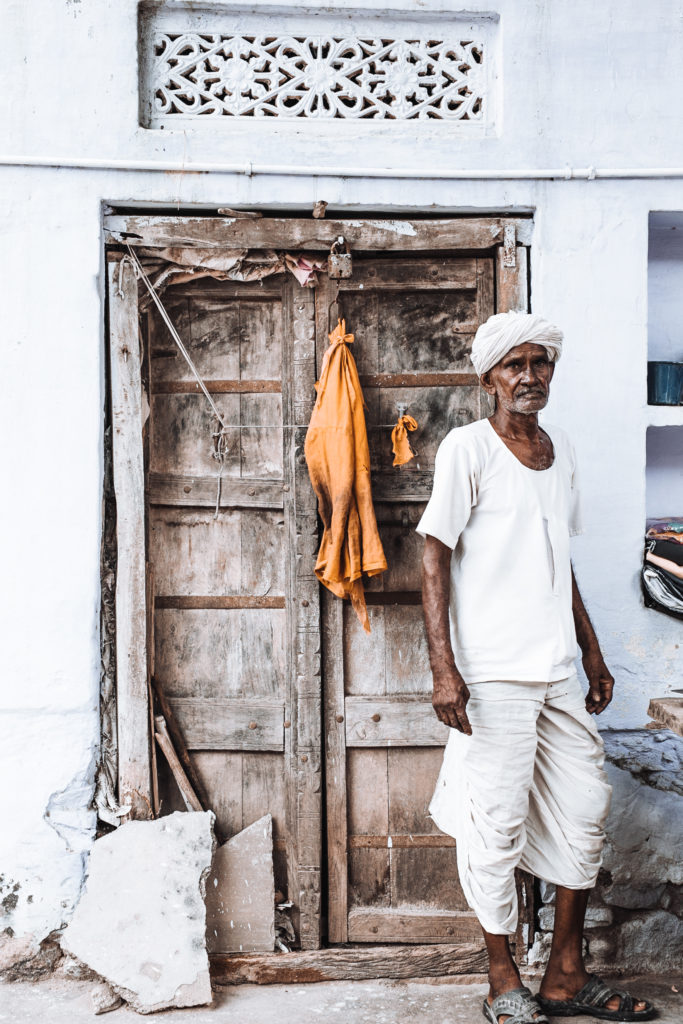
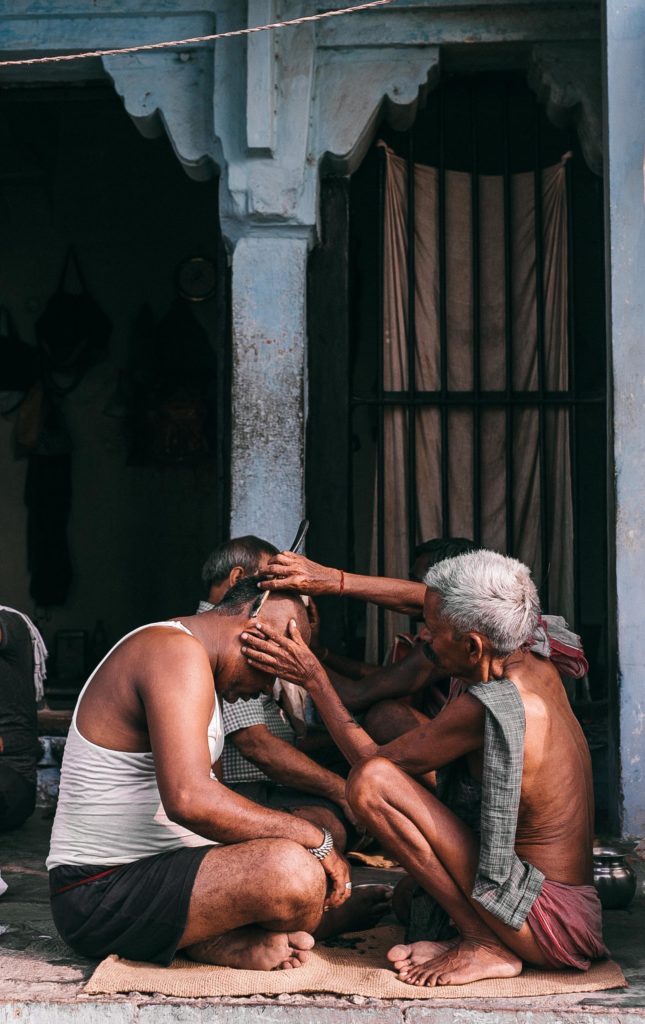
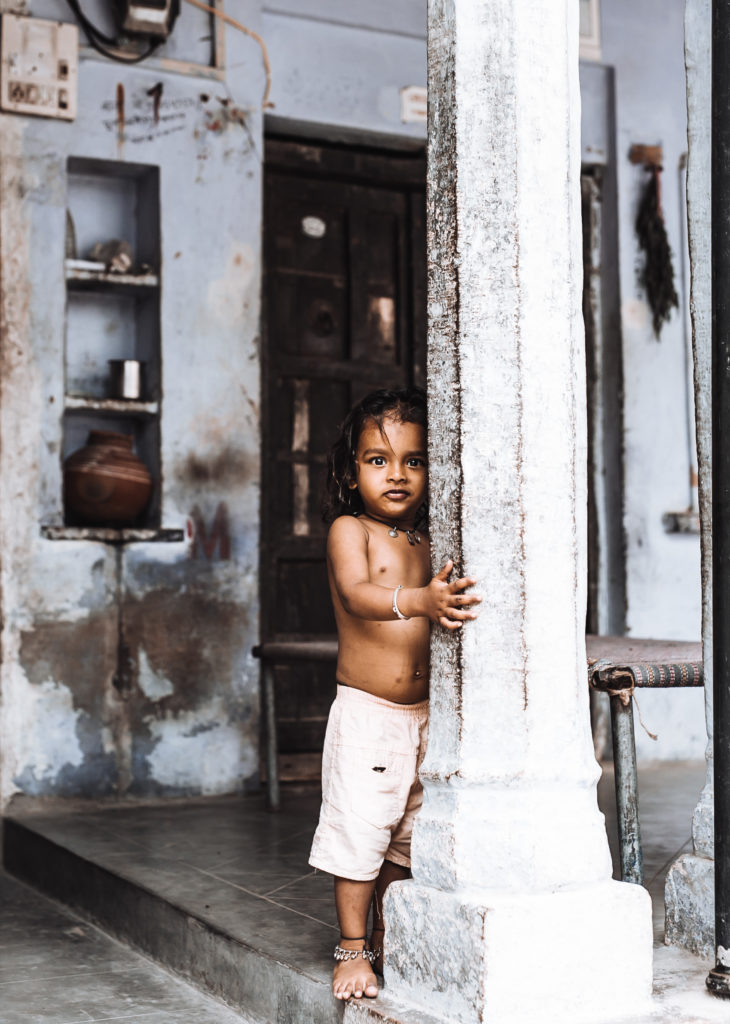
Was there any specific moment during one of your trips when you realized you were at the right place at the right time?
Africa was a game-changer for me. I knew when I left Africa that I would never experience travel or tourism the same way again. My focus is very strongly on regenerative travel* and conservation – my career has changed for the better because of it.
What lessons did this global crisis teach you regarding traveling and, more globally, concerning your work?
The pandemic gave me gratitude. Gratitude for everything I have done and experienced, a renewed sense of appreciation for my home country and states, and a sense of peace in knowing that I would never take for granted the opportunity to work freely across the world for granted ever again.
I’ve been very lucky to still have so many opportunities given to me across my home country, and as travel bubbles begin to open, I’m lucky to be partnering with some incredible brands and projects across the globe. Next, I’ll be in Tasmania – everything beyond that is still a secret. I’m just thrilled to still be documenting the best that this world has to offer.
*Regenerative travel: regenerative locations prioritize the regeneration and protection of areas over mass tourism. Regenerative travel takes sustainable tourism one step further. While sustainable travel aims to offset the negative impacts associated with travel, regenerative tourism is about actively improving the social or environmental conditions of your host destination (source).


